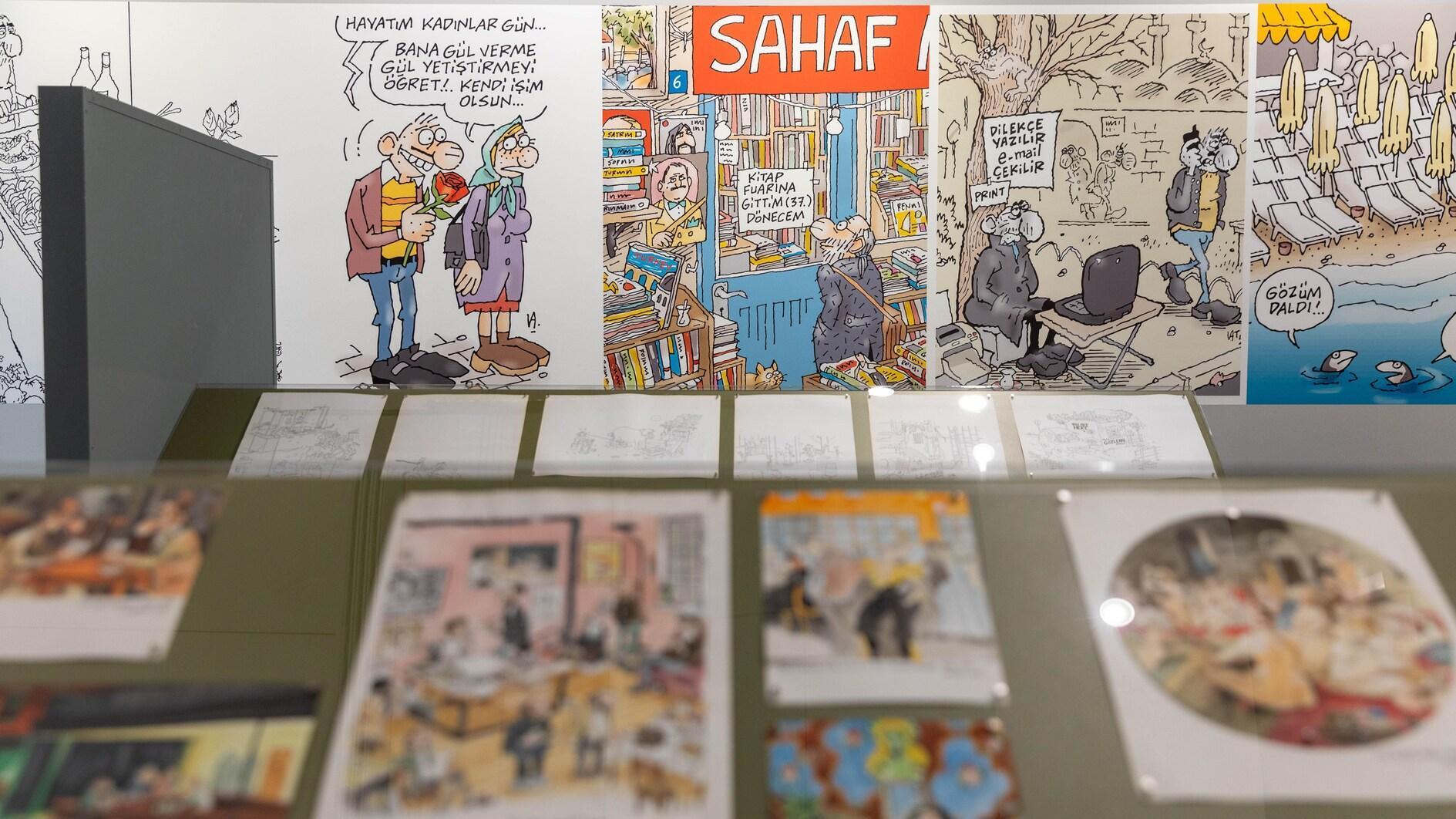Freedom of expression, freedom of press
Murat Yetkin
Reacting to French Parliament’s initiative to ban saying that the 1915 killings of Armenians was not genocide, Turkish Foreign Minister said yesterday in his Libération piece that the French take was a violation of freedom of expression.The French take is beset on a 2008 European Union framework decision. There are certain well defined caveats on freedom of expression when it comes to human life. For example, it is forbidden in Germany to praise the Holocaust in Germany and Europe under occupation during World War II and claim that it was not genocide against Jewish people; nearly 6 million Jews were systematically killed by the Nazis just because of being who they are, as ruled by the Nuremberg Trials after the war.
I am not going to get into the debate whether the 1915 massacres, for which I feel deeply sorrow and regret, are of the same kind as the Holocaust.
But I can debate that the poisonous competition in the French political atmosphere now puts all unlike matters in the same basket.
Therefore, Davutoğlu has a point when he approaches the issue on the basis of freedom of expression.
Freedom of expression and its twin sister freedom of press are under questioning in today’s Turkey too.
In a police operation on Dec. 19 throughout Turkey 30 journalists (although, the exact number is not known yet, since the framework is not limited to journalists only) were taken into custody. There is no official explanation yet why they are taken in; but from information leaked from police and prosecutors office sources to media closer to government sources, the suspicion is about their possible links with the outlawed Kurdistan Communities Union (KCK), a front organization of the armed Kurdistan Workers’ Party (PKK).
It is true that most of them are working for news agencies, newspapers of magazines focused on the Kurdish problem; they have access to KCK sources in their reporting and the whole operation is speculated to be a preemptive strike to cut information outlets prior to a major campaign against the PKK - or the KCK in the same context.
But it doesn’t change the nature of the fact that the reporters are detained in lots with no known accusation other than for what they had reported, or written or said; i.e. what they had expressed.
Those who will be arrested by the court will add to the 67 already arrested or convicted who carry press identity cards in Turkish prisons now.
I can say that only a few of them are there because of activities not related to media; contrary to the generalization by some government ministers. But anyway, those numbers put Turkey into the same basket with countries like Russia, China and Iran, who clearly have no claim to have the same standards as European democracies. It’s no coincidence that Russia seeks Turkish cooperation nowadays against Western campaigns on freedoms, claiming that they are a means of political pressure.
There is a Turkish proverb fits the situation well, which we can interpret as eating pickled cabbage is not up to the diet you are on.











